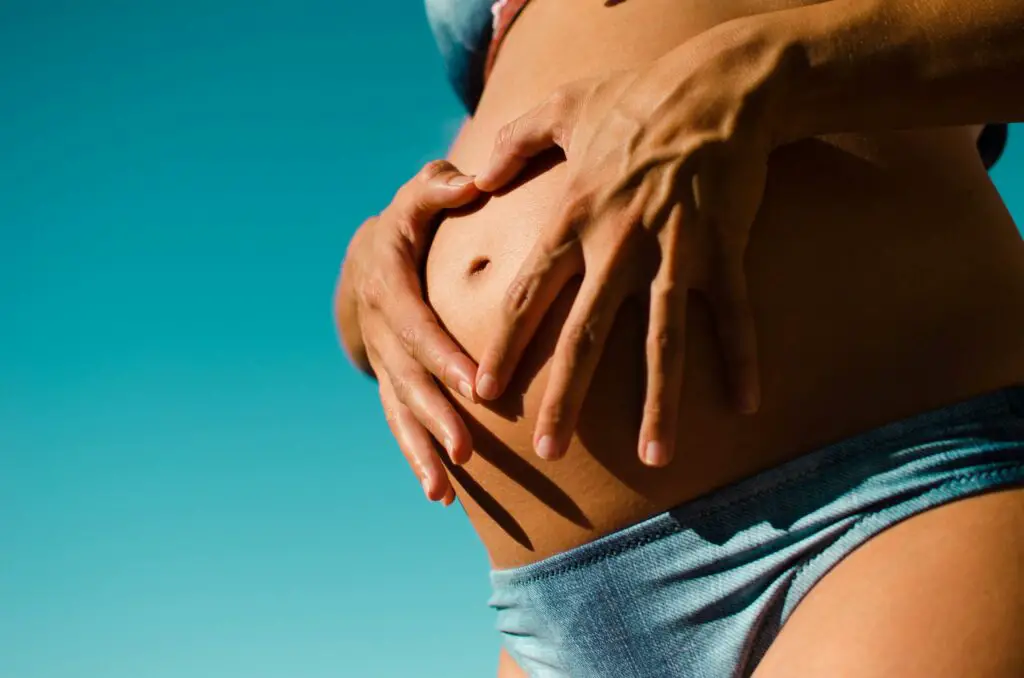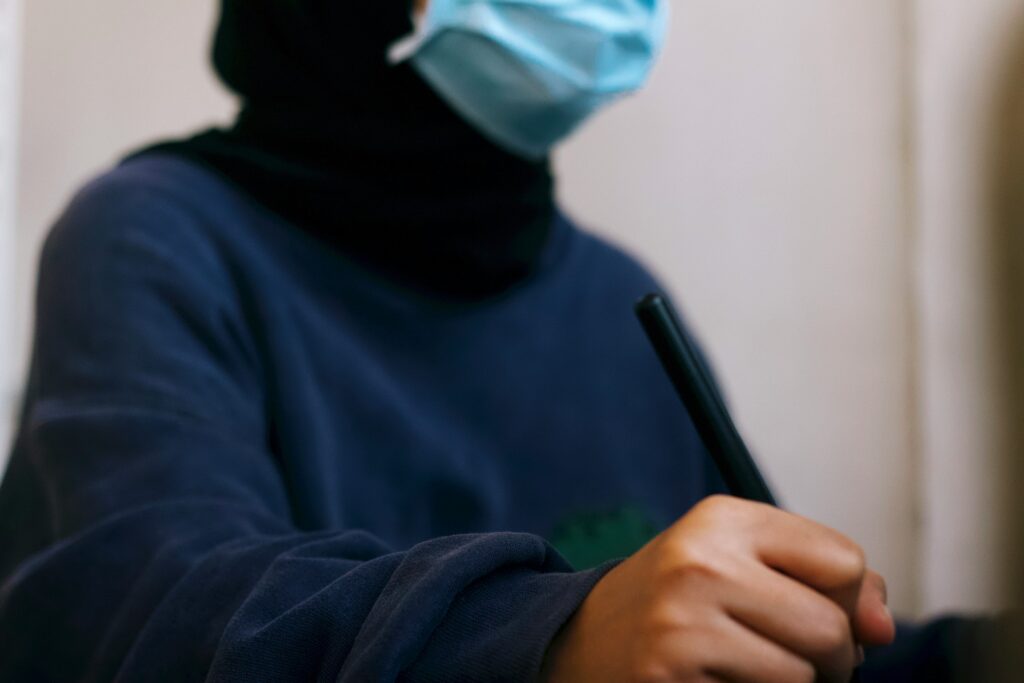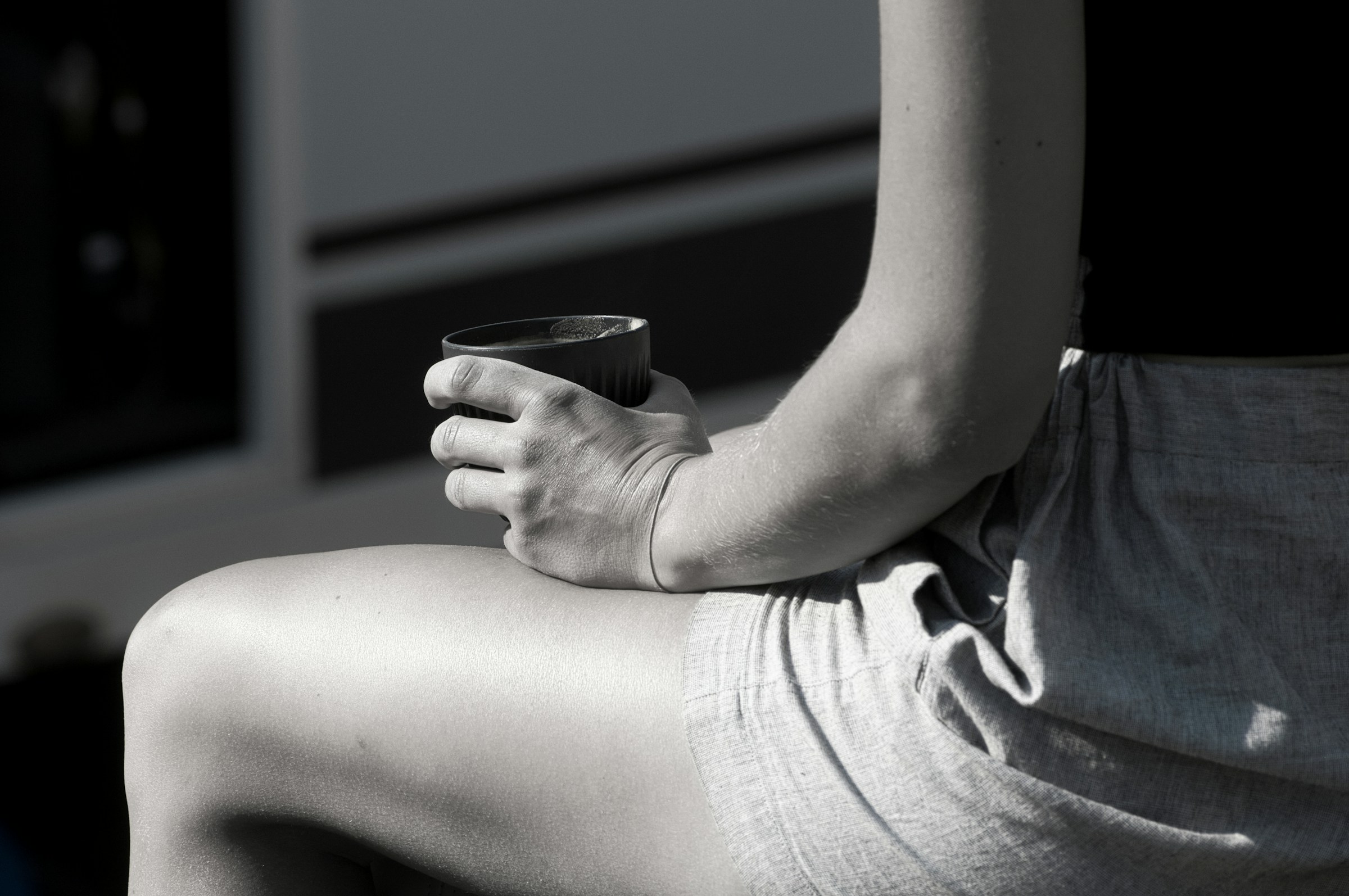Pregnancy often brings many changes, including concerns about caffeine intake.
High caffeine consumption during pregnancy can pose risks, but what about decaf coffee?
Decaf coffee is generally safe during pregnancy when consumed in moderation.
It contains significantly less caffeine than regular coffee, usually around 2-5 milligrams per cup.
Health organizations recommend keeping total caffeine intake under 200 milligrams per day to avoid potential risks like low birth weight and miscarriage.
Many pregnant women turn to decaf to satisfy their coffee cravings while keeping caffeine levels low.
Understanding the benefits and risks of decaf coffee can help expectant mothers make informed choices.
What is Decaf Coffee?

Decaf coffee is coffee that has had at least 97% of its caffeine removed.
The decaffeination process involves several methods, including the Swiss Water Process, CO2 process, and solvent-based methods.
The Swiss Water Process uses water to extract caffeine from the beans without chemicals.
The CO2 process uses carbon dioxide to remove caffeine, preserving the coffee’s flavor.
Solvent-based methods use chemicals like methylene chloride or ethyl acetate to dissolve the caffeine.
Despite these processes, decaf coffee still contains a small amount of caffeine, typically ranging from 2 to 5 milligrams per cup, compared to about 95 milligrams in regular coffee.
This makes decaf a popular choice for those wanting to reduce their caffeine intake while still enjoying the taste of coffee.
Is Decaf Coffee Safe During Pregnancy?

Decaf coffee is generally considered safe for pregnant women.
It contains significantly less caffeine than regular coffee, with about 2-5 milligrams of caffeine per cup compared to 95 milligrams in a cup of regular coffee.
This makes it a better option for those who need to limit their caffeine intake.
However, moderation is key.
Pregnant women are advised to keep their total caffeine intake under 200 milligrams per day.
This includes all sources of caffeine, not just coffee.
Drinking decaf coffee in moderation helps ensure that you stay well within this limit, minimizing any potential risks to your baby.
While decaf coffee does contain trace amounts of caffeine, its much lower levels make it a safer choice for expectant mothers.
Potential Risks of Decaf Coffee During Pregnancy

While decaf coffee contains significantly less caffeine than regular coffee, it still has trace amounts of caffeine that can pose risks if consumed in large quantities.
Excessive caffeine intake during pregnancy is linked to several complications, including low birth weight, miscarriage, and preterm birth.
Although decaf coffee typically contains only 2-5 milligrams of caffeine per cup, consuming multiple cups a day can add up.
Some studies suggest even small amounts of caffeine can cross the placenta and enter the baby’s bloodstream, potentially leading to developmental issues.
Conflicting evidence exists, with some studies indicating no significant risks associated with decaf coffee consumption during pregnancy, while others highlight potential concerns.
Therefore, it is crucial to consume decaf coffee in moderation and stay informed about ongoing research.
Benefits of Decaf Coffee During Pregnancy

Decaf coffee retains many of the health benefits found in regular coffee.
It is rich in antioxidants, which can help reduce the risk of chronic diseases such as heart disease and diabetes.
These antioxidants support overall health by combating oxidative stress in the body.
As mentioned earlier, for pregnant women who love the taste of coffee but need to limit their caffeine intake, decaf coffee serves as a safe and satisfying alternative.
It allows you to enjoy the flavor and comfort of coffee without the high levels of caffeine.
How to Safely Consume Decaf Coffee During Pregnancy

Health organizations like the American College of Obstetricians and Gynecologists (ACOG) recommend that pregnant women limit their total caffeine intake to no more than 200 milligrams per day.
Although decaf coffee contains much less caffeine than regular coffee, it’s still important to monitor your intake to stay within this limit.
Choosing high-quality decaf brands is crucial; opt for those that use the Swiss Water Process or CO2 process, which do not involve harmful chemicals.
Additionally, consider the timing of your consumption.
Drinking decaf coffee away from meals can prevent it from interfering with the absorption of important nutrients like iron and folate.
This is particularly important if you have low iron or anemia.
Alternative Beverages for Pregnant Women

Caffeine-Free Options
Pregnant women looking to reduce or eliminate caffeine can enjoy a variety of caffeine-free beverages.
Herbal teas are a popular choice, offering a range of flavors and potential health benefits without the caffeine.
Fruit smoothies made with fresh or frozen fruits can be both refreshing and nutritious.
Sparkling water provides a bubbly alternative to soda, and you can add a splash of fruit juice for extra flavor.
Golden milk, a warm drink made from milk and turmeric, is another excellent option known for its anti-inflammatory properties.
Benefits of These Alternatives
These caffeine-free alternatives offer numerous benefits for pregnant women.
Herbal teas, such as ginger or peppermint, can help with nausea and digestion.
Chamomile tea can promote relaxation and better sleep.
Fruit smoothies are packed with vitamins, minerals, and antioxidants, supporting overall health and providing essential nutrients for both the mother and baby.
Sparkling water helps with hydration without the added sugars found in sodas.
Golden milk is rich in antioxidants and has anti-inflammatory properties, which can be beneficial for reducing pregnancy-related discomfort.
These alternatives not only provide variety but also contribute to a balanced and healthy diet during pregnancy.
Tips for Pregnant Women Consuming Decaf Coffee

Consult with Healthcare Providers
Before making any changes to your diet during pregnancy, including the consumption of decaf coffee, it’s essential to consult with your healthcare provider.
They can provide personalized advice based on your medical history and specific needs.
Your doctor can help determine the safe amount of decaf coffee for you and ensure it fits well with your overall pregnancy health plan.
Listen to Your Body and Adjust Intake Accordingly
Every pregnancy is unique, and what works for one person may not work for another.
Pay attention to how your body reacts to decaf coffee.
If you notice any discomfort, such as increased heart rate, dizziness, or digestive issues, it might be best to reduce your intake or eliminate it altogether.
Trust your instincts and prioritize your well-being.
Monitor Overall Caffeine Consumption from All Sources
Even though decaf coffee has significantly less caffeine, it’s important to keep track of your total caffeine intake from all sources.
Remember that chocolate, tea, soft drinks, and certain medications can also contain caffeine.
Keeping a daily log can help you stay within the recommended limit of 200 milligrams of caffeine per day.
Stay Updated with Recent Studies and Recommendations
Research on caffeine consumption during pregnancy is ongoing, and new findings can emerge.
Stay informed by following reputable sources and discussing any new information with your healthcare provider.
This will help you make informed decisions and adjust your habits as needed to ensure the safety and health of both you and your baby.
Conclusion
Decaf coffee can be a safe option during pregnancy when consumed in moderation.
It contains much less caffeine than regular coffee, making it a better choice for those needing to limit their caffeine intake.
However, it’s important to consult with your healthcare provider and listen to your body.
Monitor your overall caffeine consumption and stay updated with the latest research.
Frequently Asked Questions (FAQs)
Can decaf coffee cause miscarriage?
Current studies show conflicting evidence on whether decaf coffee can cause miscarriage.
Some studies suggest a possible link between even small amounts of caffeine and increased risk, while others do not find significant risks.
It’s essential to consume decaf coffee in moderation and consult with your healthcare provider to understand your personal risk factors.
How much decaf coffee is safe during pregnancy?
Health organizations recommend keeping total caffeine intake under 200 milligrams per day during pregnancy.
Given that decaf coffee contains about 2-5 milligrams of caffeine per cup, you can safely enjoy several cups per day while staying within this limit.
However, always consider your total caffeine intake from all sources.
What are some safe decaf coffee brands?
High-quality decaf coffee brands include those processed using the Swiss Water Process or CO2 method.
Some popular brands are:
- Swiss Water Decaf: Known for its chemical-free decaffeination process.
- Mount Hagen Organic Decaf: Uses the CO2 method and offers a rich flavor.
- Café Don Pablo Subtle Earth Decaf: Uses the Swiss Water Process and is noted for its smooth taste.
What are the signs of consuming too much caffeine?
Consuming too much caffeine can lead to several symptoms, including:
- Increased heart rate
- Insomnia or trouble sleeping
- Dizziness or lightheadedness
- Frequent urination and potential dehydration
- Anxiety or restlessness
If you experience any of these symptoms, reduce your caffeine intake and consult with your healthcare provider.
What are the best alternatives to decaf coffee?
Several caffeine-free beverages can serve as excellent alternatives to decaf coffee.
These include:
- Herbal teas: Such as chamomile or peppermint, which can help with relaxation and digestion.
- Fruit smoothies: Packed with vitamins and minerals for a nutritious boost.
- Sparkling water: A refreshing and hydrating option.
- Golden milk: A warm drink made with milk and turmeric, known for its anti-inflammatory properties.


